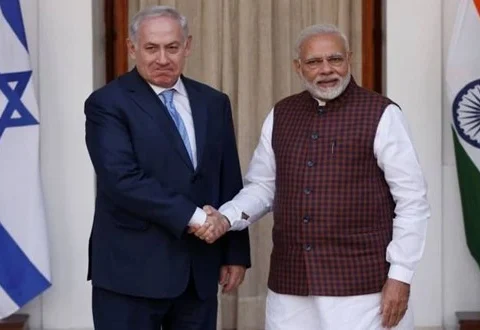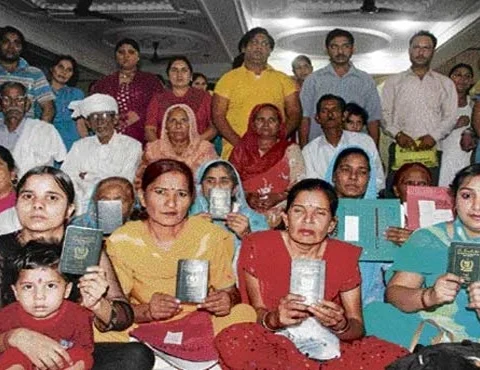Pakistan and IMF Begin Policy-Level Talks for $7 Billion Loan Program
Islamabad, Pakistan – Pakistan and the International Monetary Fund (IMF) have commenced policy-level discussions for the next tranche of the $7 billion Extended Fund Facility (EFF) loan program. The review process, which began last week, is set to continue until March 14.
The IMF delegation, led by Nathan Porter, is evaluating Pakistan’s progress in implementing economic reforms as part of the loan program’s conditions. The talks focus on key areas such as revenue generation, energy sector reforms, and debt reduction strategies.
Key Points of Discussion
- New Revenue Measures
- The IMF is pushing for new taxation proposals, including a carbon tax on petrol and diesel vehicles.
- A surcharge of Rs2.80 per unit on electricity bills is under consideration.
- Levies on coal-powered plants are being discussed to align with Pakistan’s climate and fiscal commitments.
- Energy Sector Reforms
- The IMF has urged Pakistan to address circular debt in the power sector.
- A proposal to revise electricity tariffs for solar panel users is on the table. The government plans to reduce the buyback rate for surplus solar electricity from Rs27 to Rs10 per unit.
- Tax Reforms and Privatisation
- Tax reforms in the electric vehicle (EV) policy are being reviewed.
- The IMF is seeking concrete short-term plans for the privatisation of state-owned enterprises.
- Fiscal Measures
- Pakistan may need to implement additional fiscal measures to meet the IMF’s conditions.
- The lender has emphasized the need for Pakistan to demonstrate stronger commitments before the next tranche is released.
The ongoing talks between Pakistan and the IMF highlight the country’s efforts to stabilize its economy and meet the lender’s stringent conditions. While the discussions focus on immediate fiscal measures, such as new taxes and energy sector reforms, they also underscore the need for long-term structural changes, including privatisation and climate-focused policies.
As Pakistan prepares for the next fiscal year’s budget, the outcome of these negotiations will play a critical role in shaping the country’s economic trajectory. The IMF’s final statement, expected after technical negotiations, will outline key policy expectations and determine the release of the next tranche.
For now, Pakistan faces the dual challenge of meeting IMF demands while addressing domestic economic pressures, including rising energy costs and the need for sustainable growth. The path forward will require careful balancing of short-term adjustments and long-term reforms to ensure economic stability and resilience.






